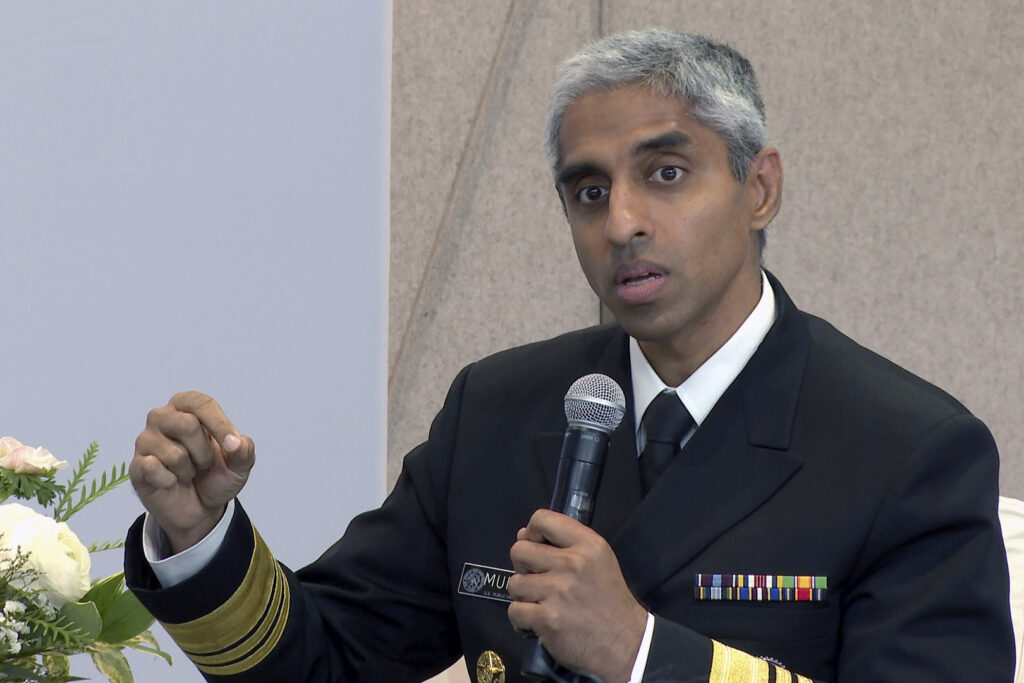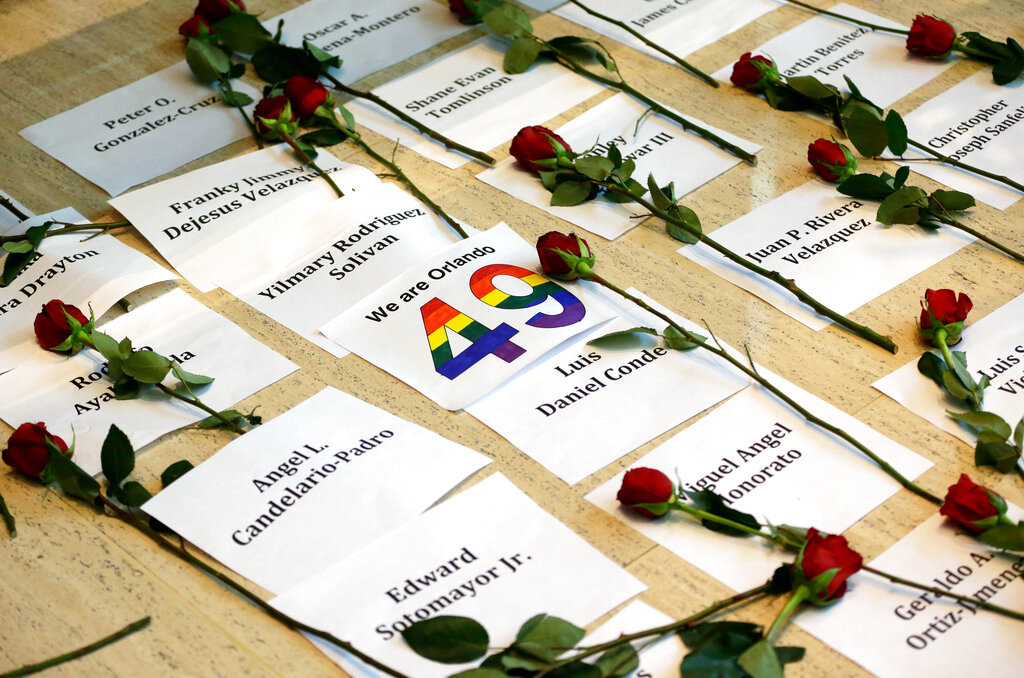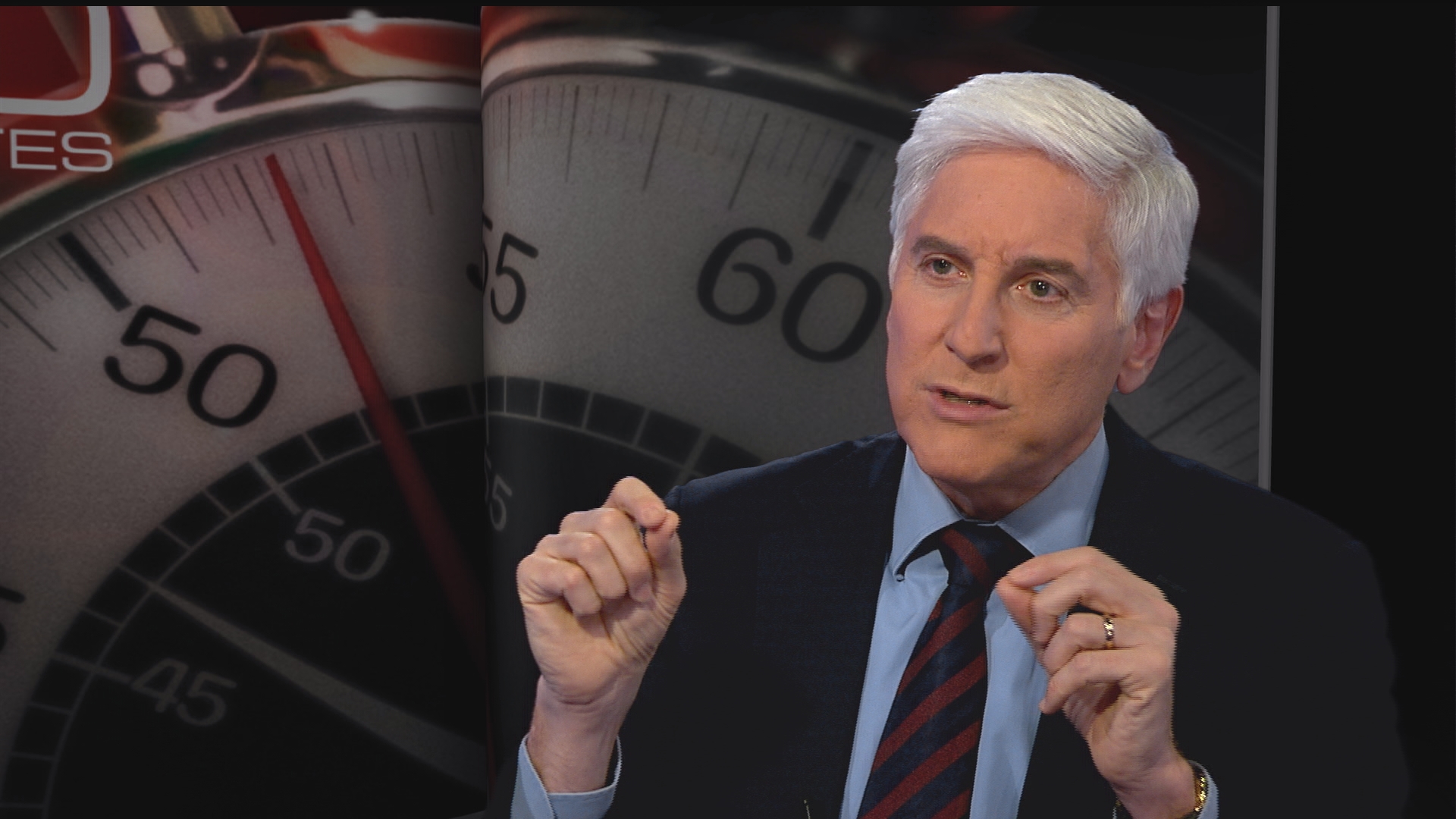The assassination attempt against former President Donald Trump at a rally last month has yet again resurfaced gun violence as a major U.S. safety concern. In late June, the U.S. Surgeon General Vivek Murthy officially declared gun violence a “public health crisis,” citing new findings that more than half of U.S. adults or their family members have experienced a firearm-related incident. The advisory, which came after gun violence was named the leading cause of death for U.S. children and adolescents for the fourth year in a row, proposed a more holistic approach to prevention, highlighting the mental health effects of gun violence not only on those directly involved in shootings but on the general public.

Surgeon General Vivek Murthy speaks during an Archewell Foundation panel discussion in New York City, Oct. 10, 2023. On Tuesday, June 25, 2024, Murthy, the nation’s top doctor, declared gun violence a public health crisis, driven by a growing number of injuries and deaths involving firearms in the country. AP Photo/Ted Shaffrey.
While this health-centric framing may have been new for Washington, it’s an approach some medical journalists like CBS News’s Chief Medical Correspondent Jon LaPook have embraced for years. Dr. LaPook, who is also a physician, has covered gun violence as part of his beat for over a decade, from offering guidance to parents on how to talk to their school-age kids about the Sandy Hook shooting to reporting on community-based healing efforts in Orlando following the Pulse nightclub shooting. To LaPook, the medical correspondent’s responsibility to communities affected by gun violence is two-fold: to highlight the “heroic work of skilled doctors to heal the bodies of the wounded” and “report on the souls needing attention, too.”
Approaches like LaPook’s have generated some opposition. In late 2018, the NRA directly targeted doctors commenting on gun violence and policy, demanding that they “stay in their lane.” Not long after, LaPook reported a cover story for CBS News profiling a movement of 40+ medical organizations galvanized by the NRA comments to find evidence-based solutions within the medical community for preventing gun violence, similar to their approach to the opioid crisis or chronic diseases. LaPook’s expertise has also pushed him to choose story angles and sources that challenge prominent – but not entirely correct – media narratives. In 2022, for example, he gathered the heads of the American and Canadian Psychiatric Associations in conversation to debunk the popular notion that high national mental illness rates inherently lead to gun violence incidents.

Several of the names of the 49 victims of the Pulse nightclub shooting are seen as they are placed on the floor outside U.S. Sen. Marco Rubio’s Orlando office to pressure him to take action on gun violence during a sit in. AP Photo/John Raoux.
Despite LaPook’s high-profile national stories, new research suggests that he still may be an outlier when it comes to TV news coverage of gun violence. A first-of-its-kind study of nearly 200 news clips from local outlets in Philadelphia, found that the majority of gun violence stories lacked a greater public context, relying disproportionately on episodic frames and law enforcement sources rather than impacted communities. Even worse, the research, published in BMC Health in May, found that many stories contained elements that researchers considered outright harmful to the health of gun violence victims, including naming the treating hospital and featuring graphic images of the crime scene. And not a single survey story featured a health or public health professional, like LaPook, as a main interview source.
At the Ethics and Journalism Initiative, we’re interested in teasing out the ethical questions at the heart of newsmaking and finding the most ethical path forward. In the case of reporting on gun violence, that means interrogating sourcing habits, framing conventions, privacy concerns, and addressing potential harm. How can the media take a more public-health-centered approach? What should health journalists know about covering perpetrators and affected communities? For answers to these questions and more, sign up to join the Initiative’s “Lunch and Learn” with Dr. LaPook on September 24.
Have additional thoughts? Think we’re missing something? Email us to keep the conversation going.


